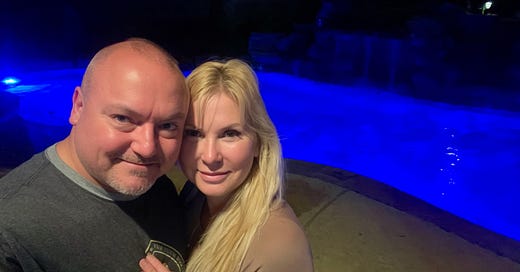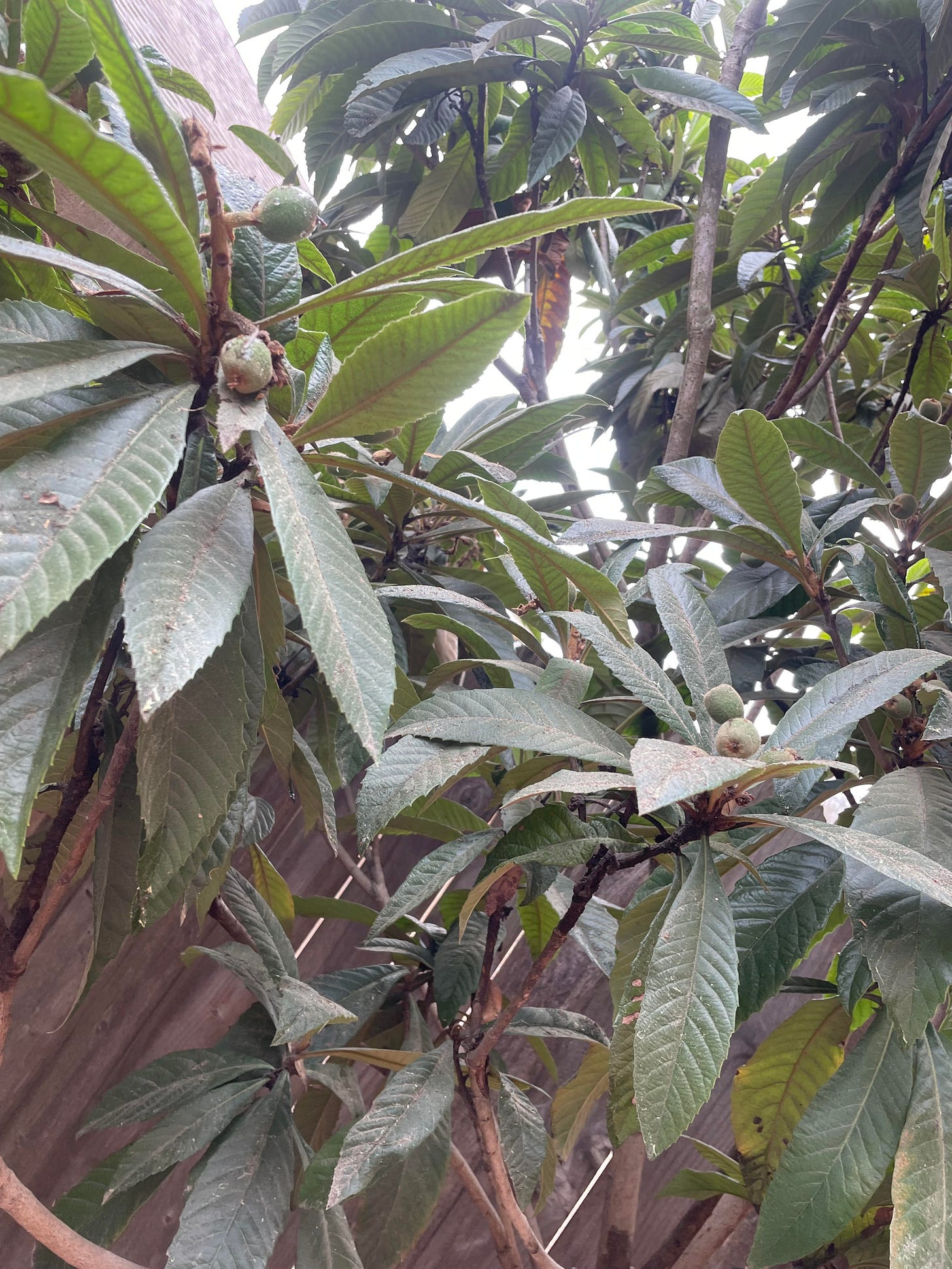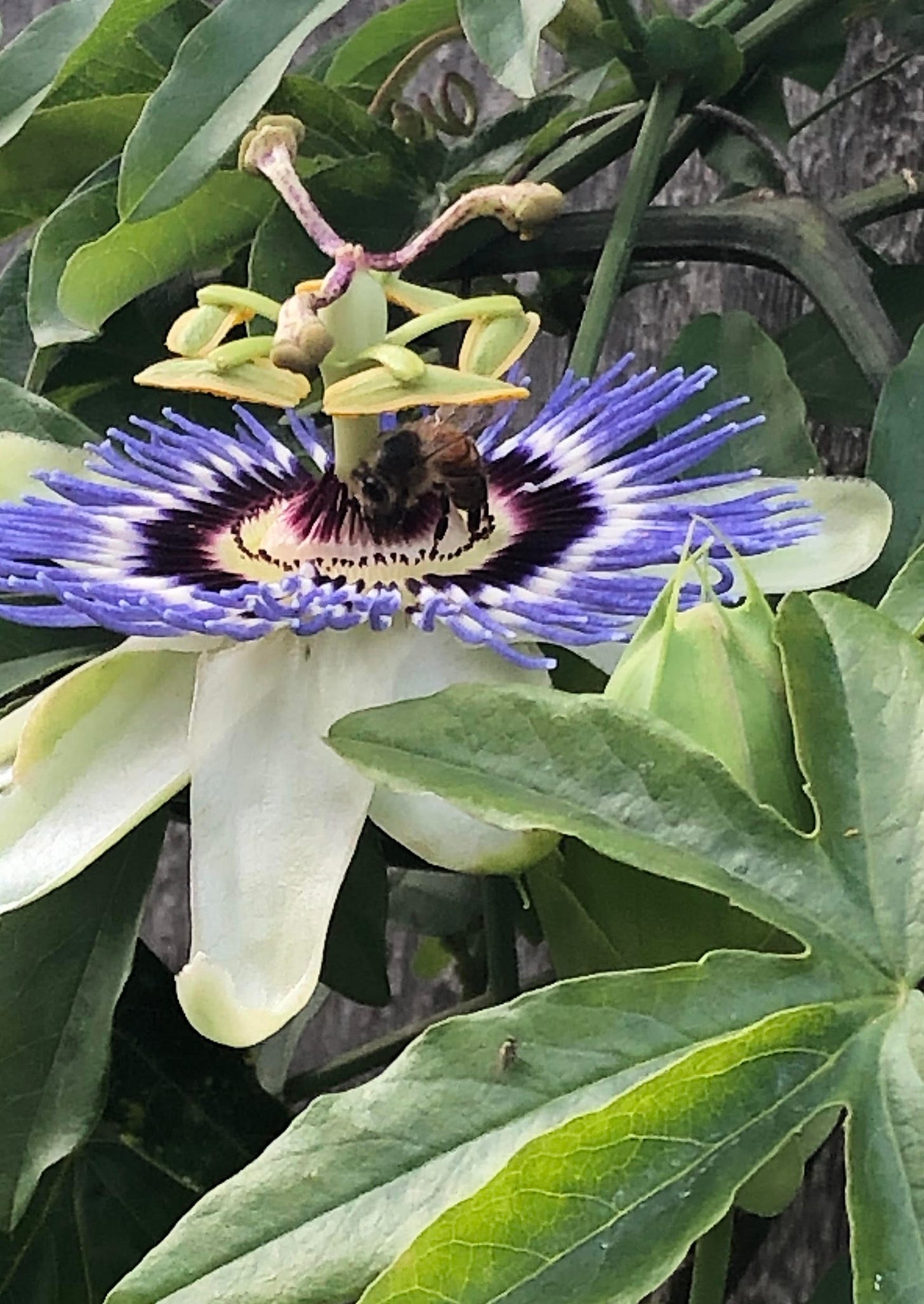Do You Know How to REALLY Avoid GMO Foods
GMO foods are lurking, hidden all over our food supply
First, let’s talk about what GMOs are and what they aren’t. According to the CCOF Certified Organic website, “Genetically modified organisms (GMOs) are created through the process of genetic engineering: a technology that takes DNA from one organism and moves it to another, creating new varieties of plants and animals that wouldn’t be found in nature.”
It’s estimated that 80% of processed food in the US contains GMO ingredients. Many countries require labeling of GMO foods, but the United States does not require labels disclosing GMO content.
You’re safe if you buy organic, right?
Not so fast. Organic products are naturally non-GMO, but you still have to be careful because there’s a small loophole where some GMOs may squeeze by — like the corpulent Fani Willis squeezing into her backwards dress. The National Organics Standards Board, which is responsible for organic certification allows 5% of ‘remaining ingredients’ by weight to stay on their National List. This gives some room for GMO contamination to squeak on by.
They allow this and other exceptions because of pressure from powerful lobby groups and companies which desire the organic certification, but just don’t want to go to the trouble to follow all those pesky guidelines.
Tips for avoiding GMOs
Buy products labeled 100% organic or labeled by the 3rd party Non-GMO Project. These are the only labels that guarantee food is 100% Non-GMO.
Look for non-GMO labels. Some companies voluntarily place their own non-GMO labels on their products. These labels are usually fairly reliable because the company could put themselves at risk for lawsuits if they’re deceptive.
Avoid at-risk ingredients. Avoid products containing ingredients from crops that are genetically engineered. These include products made from the following: corn, soybeans, beet sugar, cottonseed, and canola. Some of the most common genetically engineered ingredients in processed food include:
Corn - corn flour, corn meal, corn oil, starch, gluten, syrups. Also sweeteners like dextrose, fructose, glucose, and modified food starch.
Soy - soy flour, lecithin, soy protein, vegetable oils, and vegetable proteins.
Canola - canola oil (also fittingly called rapeseed oil)
Beet sugar - Sugar that isn’t specified 100% cane sugar is probably derived from genetically engineered sugar beets.
Buy 100% organic dairy products. I prefer grass-fed or products from Europe, if you can get them. Free range organic chicken eggs are healthier for you in many more ways than just being non-GMO. Some supermarket egg brands that are safe include Eggland’s Best, Organic Valley, and Land O’ Lakes Organic. For butter and cheeses, if you can’t find European (especially Switzerland, France, and Greece) American brands that are trustworthy include, Trader Joe’s, Organic Valley, and Kalona Farms. There are many others. You just need to read labels carefully. The Children’s Health Defense recently reported that 90% of US cheese contains GMO made by Pfizer.
Buy 100% organic grass-fed and finished meat products. It’s even better to find a local farmer and buy your meat closer to where you live. This helps you and helps the farmer.
Shop for produce and meat at local farmers’ markets. Most produce you find there will be organic and non-GMO, with the exception of papaya, zucchini, yellow squash, beets, corn, and radicchio. Use this website to locate a farmer near you.
Most organic whole grains, seeds, nuts, and legumes will be GMO free. However, conventional rice is contaminated with GMOs for sure. Buy organic rice only. Two good brands are Lundberg and Lotus, though there are others.
Avoid processed and packaged foods and soft drinks.
Buy wild caught seafood because farm-raised varieties are likely fed GMO food.
It’s a little more expensive to fully avoid GMO products and go grass-fed, organic, etc., but it’s worth every single extra penny you spend.
Please consider supporting my work with a donation by clicking the Buy Me a Coffee button below. Your generosity helps us keep our little farm going and ensures we can continue educating others on food security and growth.
And as I’ve said over and over again, grow at least some of your own food, if at all possible. Raise chickens and ducks, if you can. They’re lovely to have around and will enrich your life in countless ways.
Our loquat tree is fruiting now. I can’t wait to make loquat tarts and cobblers!
We’re also going to get some passion fruits off of our massive passion vine this year. Isn’t this bloom just magnificent?
Check out this video about hidden GMOs:
Let me know how you avoid GMO foods and products in your area. Do you visit a local farmer’s market? Are you growing anything this year?







I am from Russia so I often shop in ethnic stores selling Russian made foods. Russia bans all GMO so those are free of GMO's.
I recently learned that Fpizer has ruined 90% of the cheese in this country and you just confirmed it. I guess I'll buy Kerrygold cheese for now just like I buy their butter. It just gets more and more difficult.